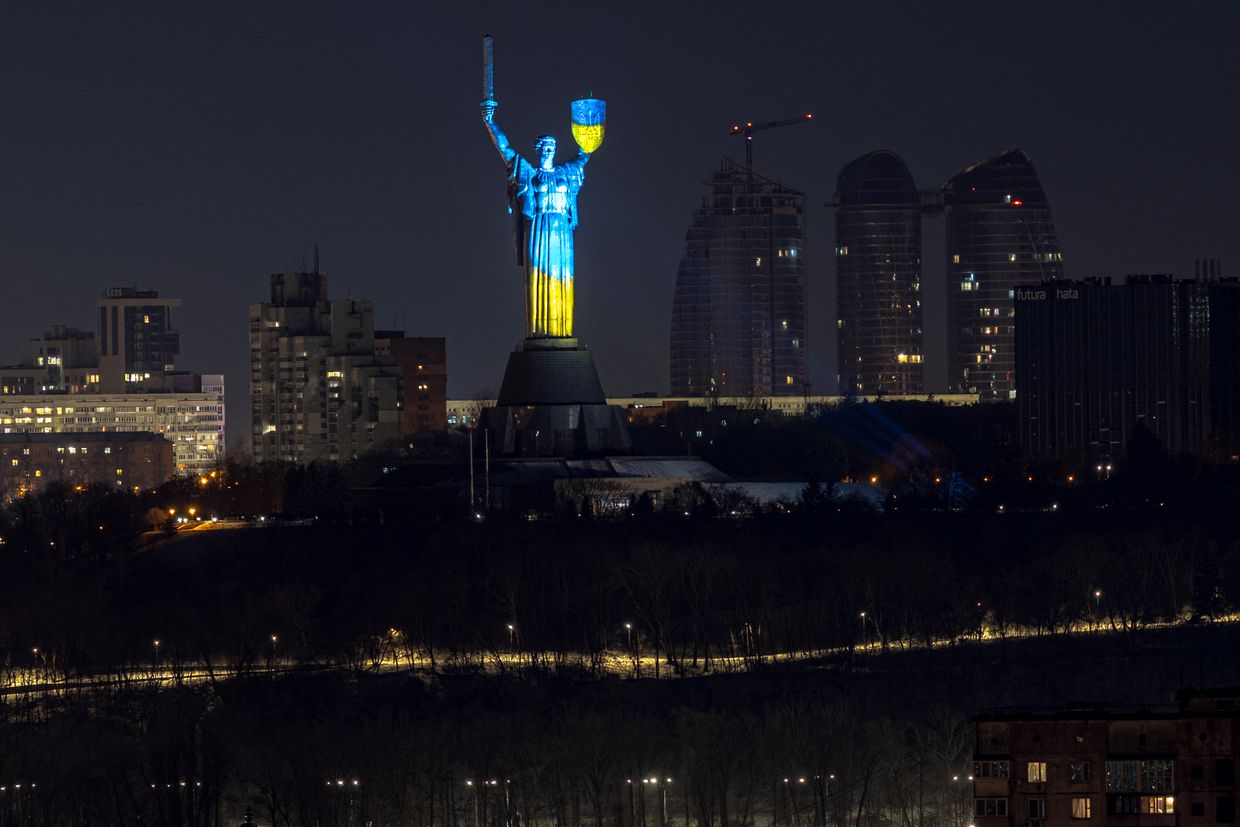EU unveils $700 million Ukraine support package for energy and infrastructure

Editor's note: The story is being updated.
The European Investment Bank Group (EIB) and the European Commission announced nearly 600 million euros ($700 million) in new financing for Ukraine's critical infrastructure and businesses at the Ukraine Recovery Conference (URC) on July 10.
The package focuses on restoring energy systems damaged by Russian attacks, repairing transport networks and border crossings, and supporting small enterprises. Most funding comes through EIB loans backed by EU guarantees.
The EIB has now delivered over 3.6 billion euros ($4.2 billion) in financing since Russia's full-scale invasion began in 2022, according to the bank's press release.
"The agreements announced today reflect the strength of our commitment to Ukraine, and our determination to respond to the country's most urgent needs – through critical infrastructure, support for businesses in Ukraine and EU companies wanting to trade and export to the country," said EIB President Nadia Calvino.
The largest single component of the announced package is a 120 million euro ($140 million) loan to Ukrhydroenergo, Ukraine's biggest hydropower company, to repair three strategic plants: Kaniv, Kremenchuk and Dnipro.
100 million euros ($117 million) will go to district heating systems across Ukrainian cities through loans to Ukrgasbank and Oschadbank. Local authorities can use these funds for renewable energy projects and energy efficiency upgrades in public buildings.
Infrastructure repairs will receive further support through a 134 million euro ($156 million) loan to help repair roads and bridges, including the M06 highway connecting Kyiv to the Hungarian border.
The funding also covers improvements to border crossings that form part of EU "Solidarity Lanes" designed to keep trade flowing with Ukraine.
The private sector will benefit from 230 million euros ($268 million) in loans specifically for small and medium-sized enterprises, distributed through Ukrainian banks including Ukreximbank, Ukrgasbank, and Bank Lviv.
The EIB is also extending EU-backed guarantees to four Ukrainian lenders to unlock additional private sector financing.
"From the European Investment Bank's perspective, supporting the private sector is of the essence," EIB President Nadia Calvino told The Kyiv Independent.
To further boost trade relationships, ten EU countries – Denmark, Finland, France, Germany, Italy, Latvia, Romania, Slovakia, Slovenia and Spain – have joined a 300 million euro ($350 million) through the InvestEU Ukraine Export Credit Pilot facility.
Their national export agencies will receive EIF-backed guarantees to support trade with Ukraine, with three more countries expected to join soon.
"The program is oversubscribed. So once we are close to exhausting it, we will see whether we need to extend the program," EIB President Nadia Calvino told The Kyiv Independent.
"It means that there is demand, there is interest on the side of EU companies to export to Ukraine. This is important as a basis for the reconstruction and also the accession process to the European Union."














